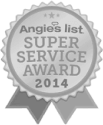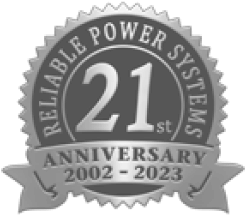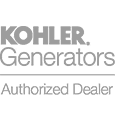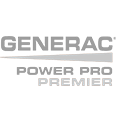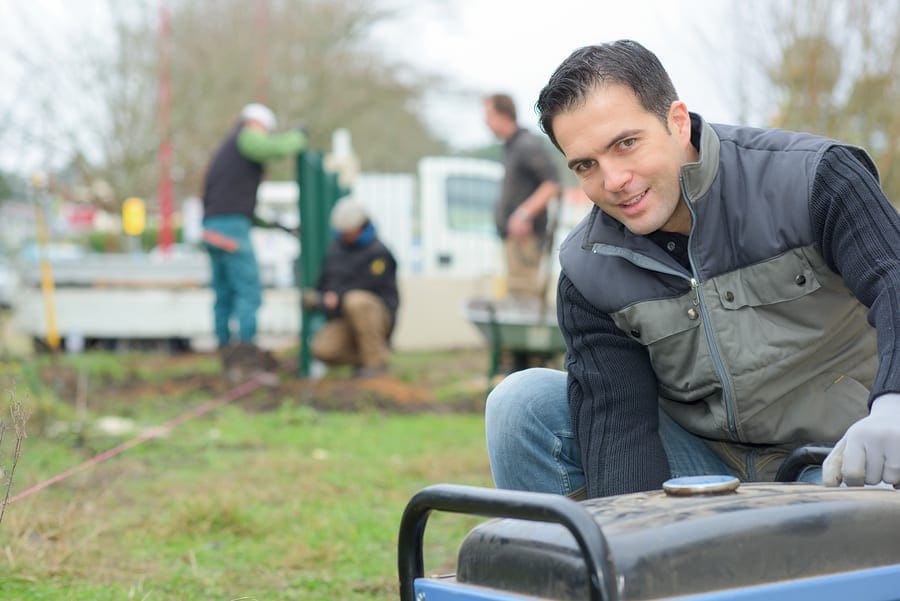 If you’ve invested in a generator for your home or business, you’ve made a smart decision. Generators are external, alternate power that automatically kicks on if your power goes out. This is a valuable tool to have when the rest of the neighborhood has gone dark. Having a generator can be the difference in your safety and comfort, allowing you to keep machines operating, refrigerators and freezers cold, and batteries charging. It’s clear that this is advantageous when otherwise, prolonged time without power could mean the loss of heat and perishables from your home, danger to anyone who may rely on a medical device that requires power, and dwindling battery percentages. Maintaining your comfort and your safety should be paramount even when you are on backup power. Reliable offers you the basics of generator safety to help you stay safe and prepared for what to expect.
If you’ve invested in a generator for your home or business, you’ve made a smart decision. Generators are external, alternate power that automatically kicks on if your power goes out. This is a valuable tool to have when the rest of the neighborhood has gone dark. Having a generator can be the difference in your safety and comfort, allowing you to keep machines operating, refrigerators and freezers cold, and batteries charging. It’s clear that this is advantageous when otherwise, prolonged time without power could mean the loss of heat and perishables from your home, danger to anyone who may rely on a medical device that requires power, and dwindling battery percentages. Maintaining your comfort and your safety should be paramount even when you are on backup power. Reliable offers you the basics of generator safety to help you stay safe and prepared for what to expect.
Reliable Power Exemplifies Generator Safety
Reliable Power specializes in the maintenance, repair, and installation of generators. Our expert team is comprised of technicians who understand that your generator service is critical for maintaining the function and comfort of your home when inclement weather or power outage otherwise puts you in the dark. We know what it takes to help you determine exactly what kind of generator you need and also set you up with the right tools and information to operate it safely.
5 Generator Safety Tips
Reliable wants you to be sure that you maintain your safety while operating your generator. We’ve compiled some general generator safety tips that will help you to keep you and your business safe and you are comfortable while your generator does the work.
- Be Sure You’re Compliant – When your generator was installed, it should have come equipped with a double-throw switch to prevent your generator from pushing electricity back towards the cooperative’s lines and transformer. This is a requirement by the National Electric Code to safely ensure that you can swap your home from your normal power source to your stand by, or your generator.
- Be Sure You’re Properly Equipped – Trying to run a commercial factory or business on insufficient generator power is like taking a row boat across an ocean. You will sink your system, and it won’t be pretty. When you’re on a generator system, you must ensure that your generator can keep up with the wattage demand. Individual appliances may be fine, but the power needs of motors or heat-producing utilities have a higher wattage demand than normal. Be sure you take your needs into account before you get yourself squared away for functioning on a generator. When you’re on a generator, be frugal with your wattage demands, unplug unused or unnecessary plugs, and minimize your electricity use where it is possible to ensure you don’t blow the circuit breaker on your generator.
- Store your Generator Fuel Safely – Most generators function on gasoline, diesel, or propane engines. When it comes to making sure you’re equipped with what you need to run on a generator, this also means having extra fuel nearby. Keep flammable materials stored away from your house, lowering their risk of exploding in the case of a house fire. Propane, gas, and diesel should be clearly labeled, and the outside of storage containers should be wiped down of any excess fuel.
- Vent Your Generator – If you’re operating a fuel-burning appliance, it’s putting off carbon monoxide. Carbon monoxide is a colorless, odorless, tasteless gas that is put off from propane, gas, fuel oil, or wood. This includes your gas range and oven, so they should not be used as a heating source. Kerosene space heaters and unvented gas heaters, which are popular when the power is compromised, should only be used in well-ventilated spaces. If your generator is being operated, it must be outside or ventilated properly or it can result in carbon monoxide poisoning, leading to extreme sickness, loss of consciousness, or even death. Operating a generator in or near a window is not significant enough ventilation. Carbon monoxide poisoning symptoms include dizziness, flu-like symptoms, headaches, and weakness. Arming your home with battery operated carbon monoxide detectors should be a staple chore for your home, but is especially important when operating on auxiliary power. If you or someone else are experiencing these symptoms, immediately exit the area until the space can be tested adequately to determine the source of the carbon monoxide.
- Don’t Touch That – When an emergency occurs and you need to swap your power source to your generator, do not touch any wires or exposed electrical units that you are not familiar with. Downed power lines and electrocution are one of the leading causes of death each year, and most are preventable. If you have questions about the operation and safe use of your generator, call a professional to make sure you’re not at risk of making a potentially fatal error.
Call Reliable Power today to schedule a site inspection for generator installation at your home or business!

